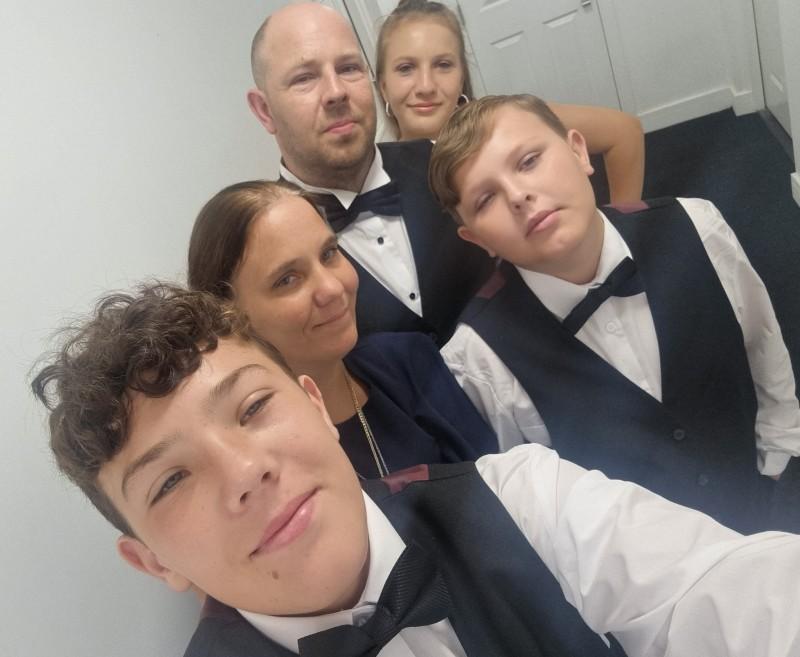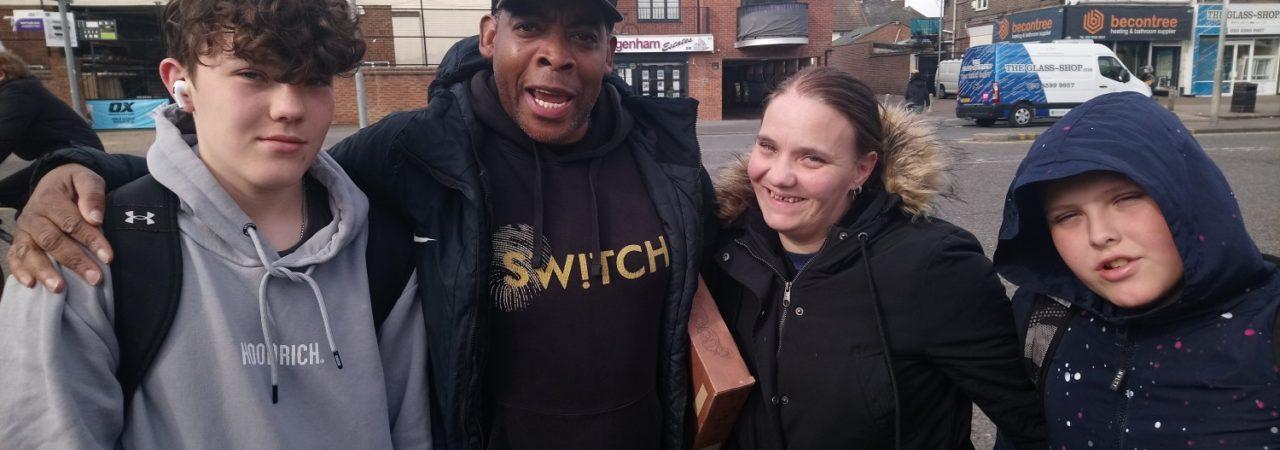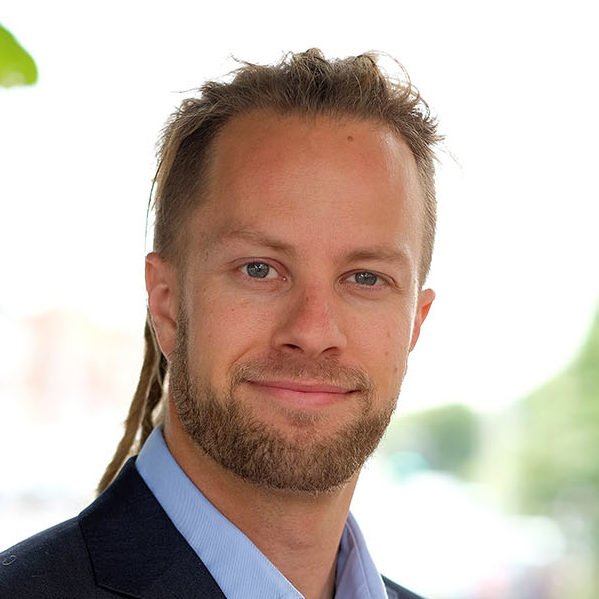I have a friend that works in the music industry as a tour manager. He’s worked on some of the most extravagant rock shows I’ve ever seen. I once asked him if he got bored of touring, putting on the same show every night for months on end.
He told me that, even though if it was the same artist playing the same music night after night, every show was different. Each show would have a change in the order of the song—the size of the venue affected the intimacy of the show, and the most important difference were the audience. One place they might be quiet or stand-offish, others would be boisterous or outright joyful. It was never the same twice.
The French sociologist Émile Durkheim coined the term collective effervescence to describe the energy and emotion of the moment a community or society comes together and simultaneously communicates the same thought and takes part in the same action.
I like to think this means that when people come together and talk about their problems, they have the power to act and create local solutions for their neighbourhoods.
If you have come to help me, you are wasting your time. But, if you have come because your liberation is bound up with mine, then let us work together.
Lilla Watson
When we began the SW!TCH Communities programme, on the Academy Central estate of Barking and Dagenham in 2019, we strived to bring one particular community closer by engaging it in shared activities and common tasks. We wanted to foster a sense of togetherness and empowerment for the residents.
One of the initial reasons we first met with the residents of Academy Central was the concerns that were being shared with us by the housing association, local young people, the residents and the leader of the council. The locals were worried about the rising levels of crime and disorder around them—in particular, there was a significant serious youth violence problem. This resulted in the fracturing of the community, with different groups of residents starting to feel isolated from each other. We wanted to know more—what help did they need to create a community they could be proud of?
The fundamental law of human beings is interdependence.
A person is a person through other persons.Archbishop Desmond Tutu
They told us they wanted someone to train and support them to become community mentors to the younger members of the estate. Someone that could help them create a connection between the different groups, the different generations. They also wanted an outreach team that would engage at-risk young people and mentor them, and that could work with local businesses and agencies to give young people access to local activities and job/education opportunities.
SW!TCH Communities started on the estate by developing events that would bring together residents across the generations. Our youth workers already had existing relationships with many of the young people on the estate through our mentoring in local schools and further discussions with them revealed that a lot of them were curious about taking part in positive activities. As the programme progressed, the young people began to feel more supported by their community. To the residents, this was a significant first step in helping them to feel less isolated and more engaged with the young people in their neighbourhood.
The key benefits of the SW!TCH Communities programme were:
- Enhanced life chances for young people through support to re-engage with education, creating pathways into positive activities
- Enriched mental health and wellbeing for young people and building positive visions for their lives
- Increased intergenerational relationships within the community
- Uplifted quality of life and less sense of isolation for residents in and around the estate
The SW!TCH Communities programme went on to be delivered on another three estates across East London. Of course, these programmes were different in the sense that they addressed different issues and needs. The local population on the other estates told us about their unique problems and we in turn delivered activities and training suited to their requirements.
With each new programme we deliver, it’s usually about a unique space with a distinctive community that has specific needs that require a collective home-grown solution.
Without community, there is no liberation.
Audre Lorde
Emma Archer: SW!TCH Communities and Academy Central
We recently had a chance to catch up with Emma Archer, a resident of Academy Central, who says she benefited greatly from SW!TCH Communities. Emma lives on the Academy Way estate with husband David and their three children.


How did SW!TCH Communities help your family?


With confidence. My kids have new people in their life, and they now feel comfortable meeting new people.
What did you learn?


It brought us closer together, because we do so much better as a family now. Every school holiday, LifeLine always has something on for the community—residentials, coffee mornings, art club, skating. It’s so nice, we never had anything like that before.

Was meeting other parents in person important?


Is there anyone in your neighbourhood you’d like to help?


The other parents here. I know a lot about discrimination; I’d listen to them and support them.
A lot of parents need to know about LifeLine. I always tell them to go to the website, but I could talk about LifeLine all day. I have so much respect for them. It’s good to have someone you can call and get advice. My children could never have gone away on residentials before. I found that there’s another way of living.
I want my children to be part of the community; they need to mix and mingle with other people.
Our team were out again this evening building relationships with the young people on Academy Way #CreatingCommunity pic.twitter.com/reoaeuHWC3
— Nathan Singleton (@NathanSingleton) May 13, 2019
We met this lad a couple of years ago on his estate and last night he joined us to plan our future programmes as one of our Ambassadors. It's been a good journey. Can you spot him? pic.twitter.com/LY1itQBssn
— Nathan Singleton (@NathanSingleton) December 15, 2021


